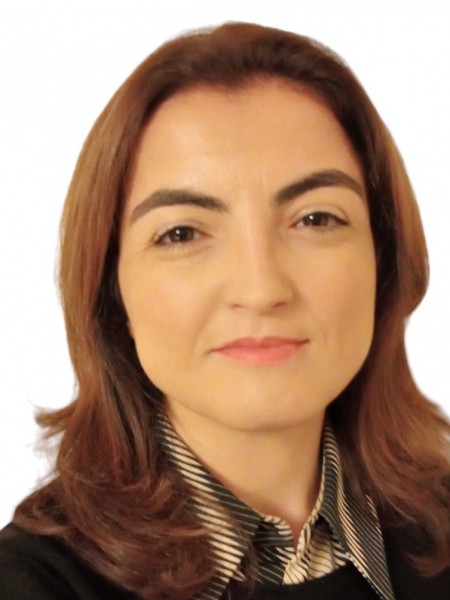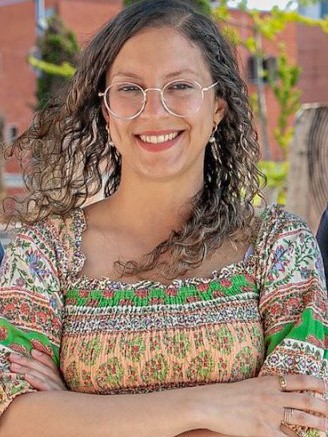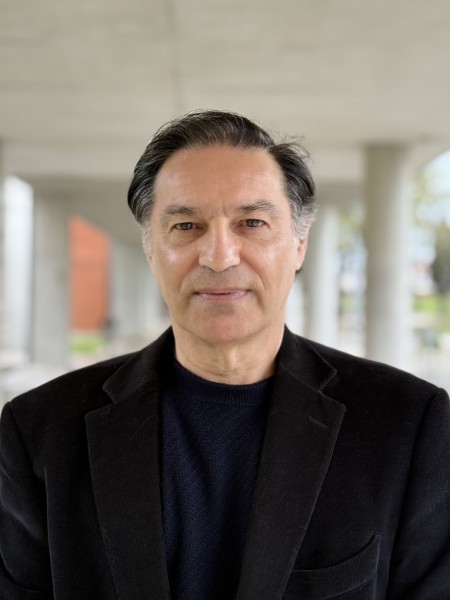resumo
Water pollution caused by oil spills is an environmental problem that raises concerns all over the world. Sorbent materials are of great importance for the removal of the remained oil after skimming operation. Nevertheless owing to reduced size, most sorbents are difficult to collect from water and therefore there is need to develop effective oil sorbents that could be easily separated from aquatic environments. Herein new magnetic nanosorbents composed of magnetite nanoparticles functionalized with chitosan hybrid siliceous shells were successfully prepared using a one-step sol-gel encapsulation method. As a proof of concept, these nanosorbents were tested in the magnetically assisted removal of non-polar organic solvents from water. The characterization of the materials using FTIR spectroscopy, solid-state Si-29 and C-13 NMR spectroscopy and elemental microanalysis confirmed the extensive modification of the particles' shells with chitosan molecules covalently linked to the siliceous domains. These hybrid particles could efficiently adsorb various non-polar organic solvents from water, a behavior that was ascribed to the presence of chitosan macromolecules grafted at the surface of the particles. This is a new type of sorbent with potential application in the removal of oil from water using magnetic separation technologies.
palavras-chave
MAGNETITE NANOPARTICLES; COLLOIDAL SILICA; IR SPECTROSCOPY; SPILL CLEANUP; RICE HUSKS; CRUDE-OIL; SORBENT; PERFORMANCE; ADSORPTION; MERCURY
categoria
Chemistry
autores
Soares, SF; Rodrigues, MI; Trindade, T; Daniel-da-Silva, AL
nossos autores
Projectos
agradecimentos
This work was developed within the scope of the project CICECOAveiro Institute of Materials, POCI-01-0145-FEDER-007679 (FCT Ref. UID/CTM/50011/2013), financed by national funds through the FCT/MEC (project PTDC/CTM-NAN/120668/2010) and when appropriate co-financed by FEDER under the PT2020 Partnership Agreement. The authors thank the RNME (National Electronic Microscopy Network) for microscopy facilities. A. L. D.- d.- S. acknowledges FCT for the IF-2014 FCT Investigator Programme.





